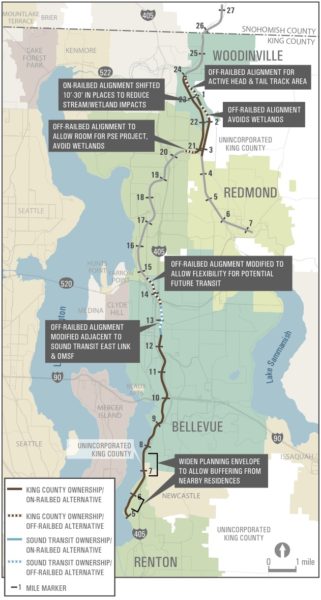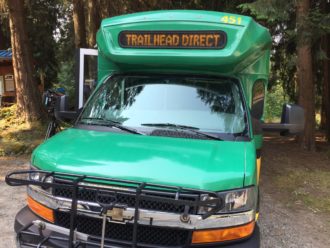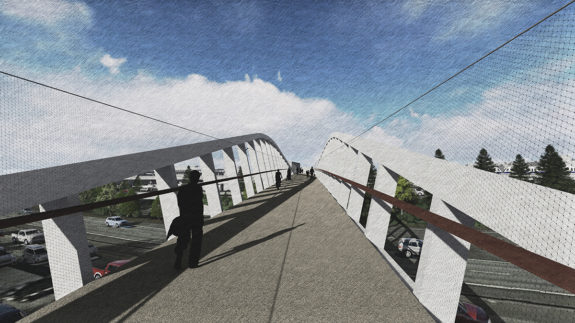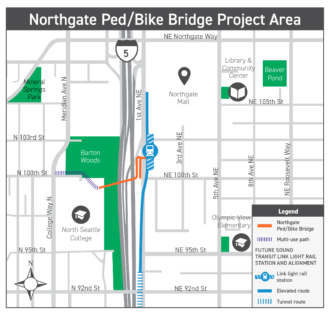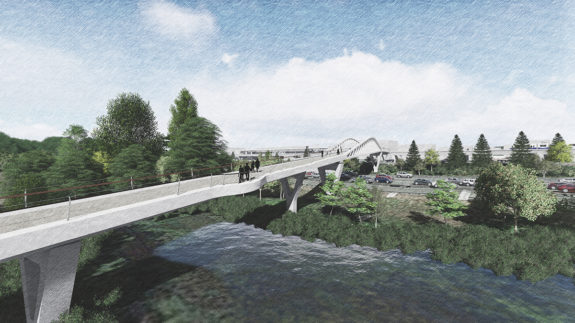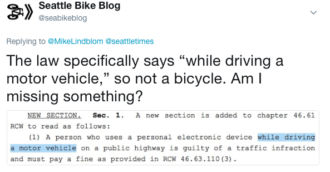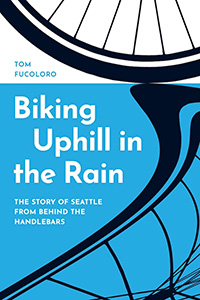See our Seattle Bike Share Guide for an updated list of bike share companies in Seattle, links to download their apps and a quick rundown on how it all works.
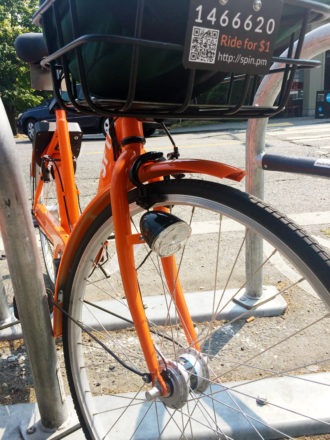
LimeBike says its first 500 bikes saw “about 10,000 rides” in their first week of action. When added to Spin’s total the same week, Seattle’s 1,000 bike share bikes likely quadrupled Pronto’s best week ever and surpassed even Portland’s Biketown in its first week of operations in July 2016 with the same number of bikes.
This is a big deal because Portland has significantly higher biking rates, many more miles of connected bike infrastructure and is much less hilly than Seattle. So if the same number of bikes is doing the same or better here compared to there, that’s eye-opening.
Spin declined to give us a ride count for the same week, but CEO Derrick Ko said that combined with LimeBike’s reported total, the two companies “significantly bested” Biketown’s opening week ride count of 13,402.
The days of comparing these new bike share systems to Pronto are already over. We’re in all-new territory for West Coast bike share. Because unlike Biketown, the bike share companies in Seattle are not stopping at 1,000. Starting Monday, Spin and LimeBike started rolling out their next 500 bikes each. Both companies say they are adding bikes gradually all week, so Seattle’s bike share total should be up to 2,000 in a couple days.
Two more companies, VBikes and ofo, have also submitted permits to operate in Seattle and could add 1,000 each if approved. And in one month, companies will be able to increase their bike counts to 2,000 each. Then in October, caps will be lifted. That’s really the start of stage two for this new private bike share experiment in Seattle: The search for the magic number of bikes needed to best serve our city (and, of course, win riders and make money).
ofo in particular has an enormous amount of investment capital behind it, having raised $700 million just last month. They claim that riders have taken two billion (like, with a “b”) rides on their 2.5 million bikes in operation, mostly in cities in Asia. They also have my favorite bike share company name because if you type ofo lowercase, the letters look a bit like someone on a bike. Cute! (more…)

